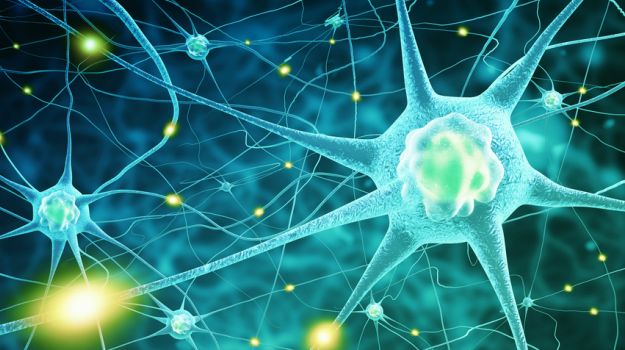Neurons Tell Brain When to Stop Drinking
 PhotoCredit:istock
PhotoCredit:istock
It is possible to influence drinking behaviour by activating particular neurons in brain, suggests a new study.
The researchers earlier showed that alcohol consumption alters the physical structure and function of neurons in the dorsomedial striatum — a part of the brain that is believed to contribute directly to decision-making, especially to action selection and initiation. Essentially, they found that activation of one type of neuron, called D1, determines whether one drink leads to two.
Now, they have discovered the neurons that tell us to stop.
These neurons can be thought of like a tree, with many branches, and many small protrusions, or spines, coming off of them. Each neuron has one of two types of dopamine receptors — D1 or D2 — and so can be thought of as either D1 or D2 neurons. When D2 neurons are activated, they discourage action — telling you to wait, to stop, to do nothing. “At least from the addiction point of view, D2 neurons are good. When they are activated, they inhibit drinking behaviour, and therefore activating them is important for preventing problem drinking behaviour,” said Jun Wang from Texas A&M Health Science Center College of Medicine in the US. Even in individuals without alcoholism, D2 neurons tend to become deactivated when we drink too much, the researchers said. But by manipulating the activity of these neurons, the researchers were actually able to change the alcohol-drinking behaviour of animals who had been “trained” to seek alcohol. By activating D2 neurons, they were able to decrease alcohol consumption, and the more the D2 neurons were activated, the greater the effect is likely to be.
The findings were published in the journal Biological Psychiatry.
